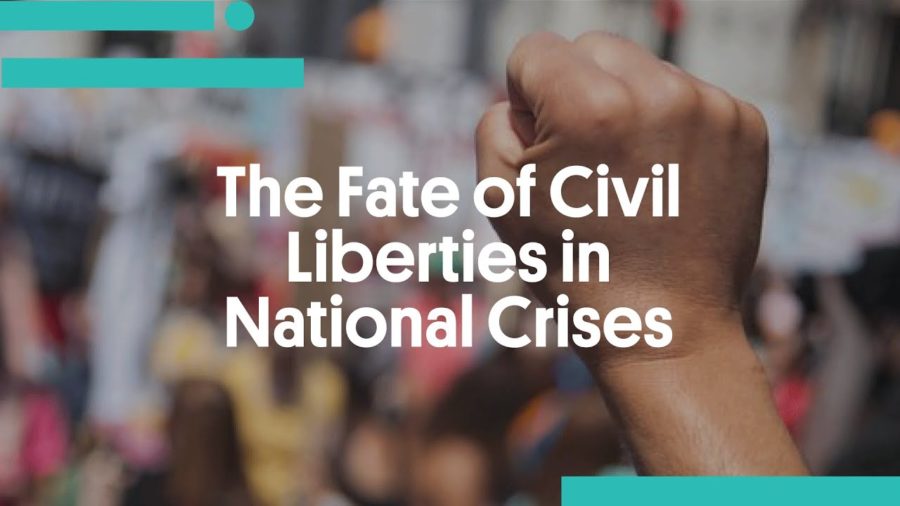The system I would want is I would want an assurance that if some extraordinary measure has to be put in place temporarily to deal with a temporary crisis, that the word “temporary” will in fact continue to apply. And I will add that this is a moment when I really wish we had a functioning Congress.
Archive

As a black, African, woman, with albinism, my very existence attracts social and political consequences. And all of it is significant for me. It is my world between worlds. In the same way I could not just pick one doll, I cannot just pick one identity. An inclusive culture accepts that it is not this or that. It is this and that.
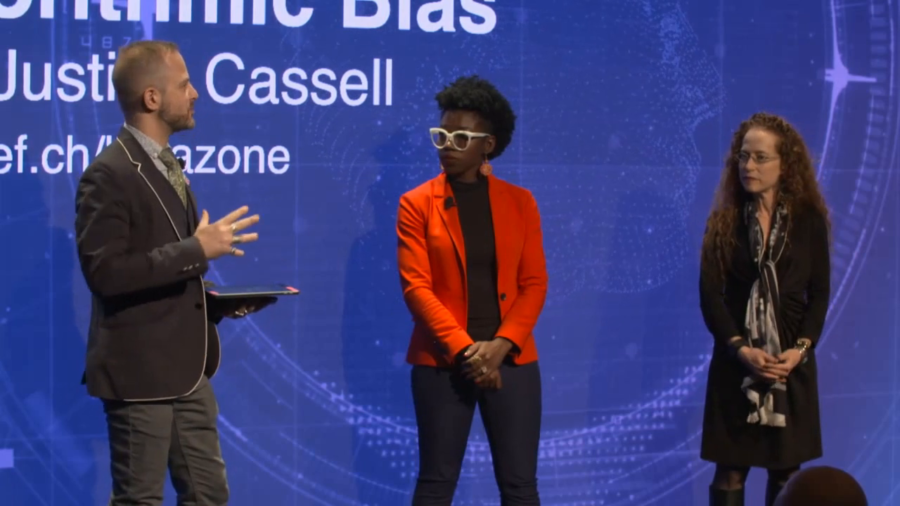
I think the question I’m trying to formulate is, how in this world of increasing optimization where the algorithms will be accurate… They’ll increasingly be accurate. But their application could lead to discrimination. How do we stop that?
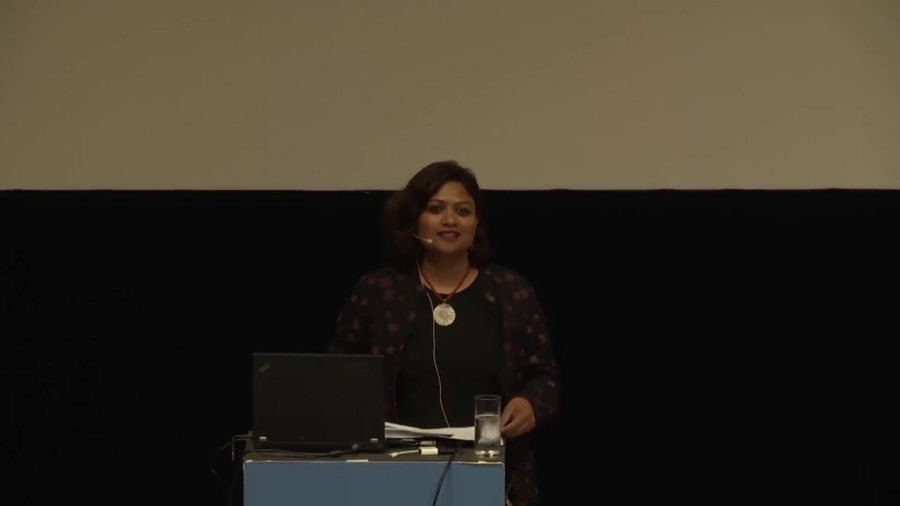
I’m interested in data and discrimination, in the things that have come to make us uniquely who we are, how we look, where we are from, our personal and demographic identities, what languages we speak. These things are effectively incomprehensible to machines. What is generally celebrated as human diversity and experience is transformed by machine reading into something absurd, something that marks us as different.
People think that the Civil Rights Movement and all big epochal movements involve conscience, and they do. They also involve consciousness. I mean, you can’t struggle against what you’re unaware off, right? The Klan as the iconic carriers of violence, the Bull Connor of the iconic southern white male resistance, George Wallace the iconic neopopulist racist. You know, these were historic figures in myth and reality. But we wouldn’t get to what they represented till much later.
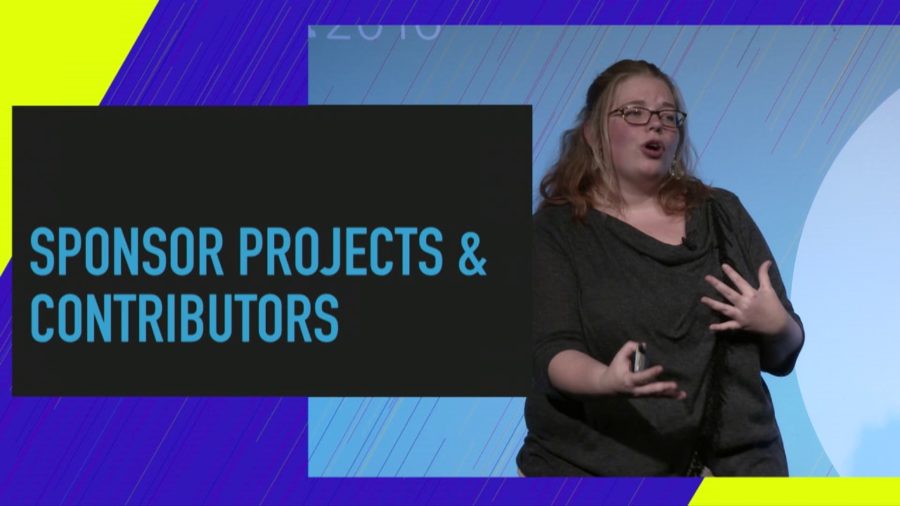
This talk is more about the coercion of labor into open source software. So I want to take a critical look at how we can engage businesses and other stakeholders in technology companies to begin to create a more equal and sustainable environment for all people contributing to open source.
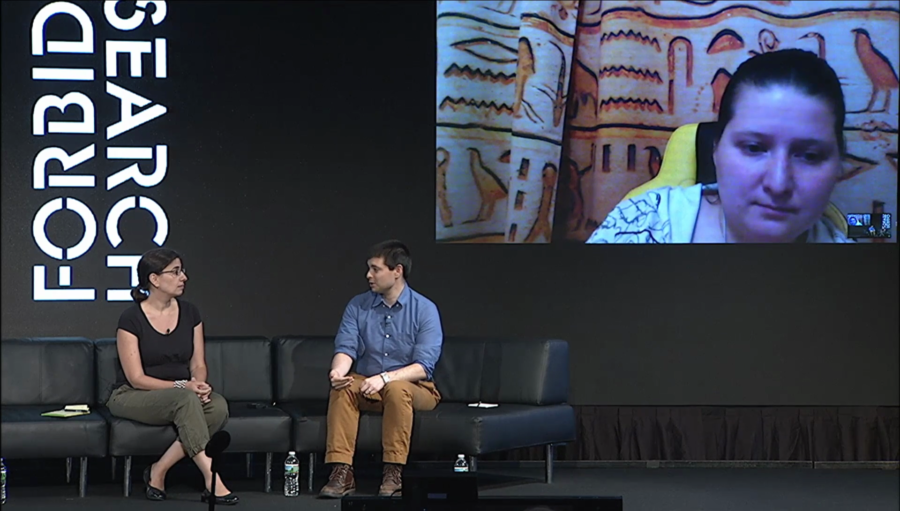
Quite often when we’re asking these difficult questions we’re asking about questions where we might not even know how to ask where the line is. But in other cases, when researchers work to advance public knowledge, even on uncontroversial topics, we can still find ourselves forbidden from doing the research or disseminating the research.
Generally people don’t see the skirmishes that are always always always going on in the background to preserve where we are now in terms of laws against sex discrimination or laws that would promote sex equality. But compared to where we were when the ERA came out of Congress in 1972, we are very much better off in terms of equality of rights being guaranteed by the law, because so many laws that did discriminate on their face are off the books as a result of the struggle for the Equal Rights Amendment.

